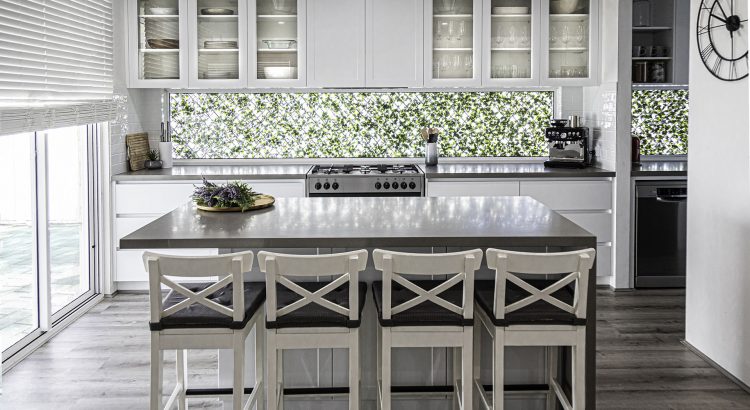When it comes to moving out of the rental market or the family home, it’s time to decide: build or buy.
Building versus buying will always come down to personal preference, but there are plenty of things to consider before you make that decision.
Building can save you money
Many people see building a home as an investment, and there are plenty of ways building can save you money.
Buying a home means you pay stamp duty on the purchase price. When you build a home, usually you only pay stamp duty on the land price.
Building a home also opens up access to government grants like first home owners grant, and the more recent homebuilder grant.
Buying is much faster
For most people, buying a home will be a much faster process than building – if you can find the home you’re looking for that is.
Building a home means you don’t have to search for your dream home, but takes between 4 to 12 months once you’ve already secured the land and finalized your house plans.
Building a new home usually means a more efficient home
A new home means much less maintenance because everything is new.
Buying an established home can come with some headaches, especially if systems haven’t been serviced or maintained properly.
Most new builds also incorporate energy-efficient features so you’ll save on bills in the long-term.
Buying can limit your choice
Most people have an idea of their dream home or have certain features that their new home must-have. When you’re searching the real estate market, you’re limited to what’s for sale at the time.
Building your own home means you can design your dream home within your budget.
From the floor plans, aesthetic, room numbers to the final fittings and finishes, you choose everything.
Make sure you discuss must-have requirements with your builder and take time to plan your home.
Building offers great access to land
When buying, finding your dream home in the perfect location can be harder than you might think.
Buying an established home may mean you can buy closer to the CBD, but the competition for prime real-estate is high, meaning access to a home you’ll love is even harder.
Building isn’t for everyone, meaning there is less competition for land in sought after location.
WA is also fortunate to have space and a sprawling coastline for those happy to build a little further than the busy CBD.


